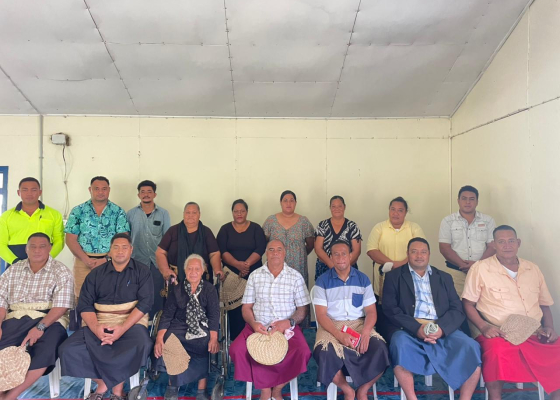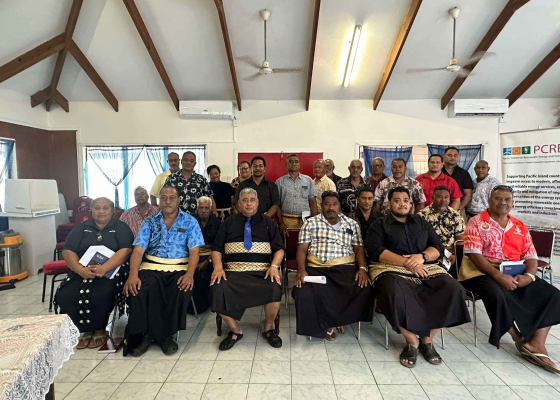Investigating the Potential of biodiesel production in Fiji: Facilitating Sustainable Production in the fiji region
Biodiesel an alternative renewable energy resource produced from alcohol and vegetable oil. Its production and quality control has been explored extensively using the available local raw materials. The final Biodiesel fuel produced has been characterised by examining it physical and chemical properties.
Coconut oil was found to be the most suitable vegetable oil raw material having iodine value of 7.9, free fatty acid content of 3.72%, less than 1% moisture content and non detectable phosphorus content. These chemical analyses were carried out by standardised AOCS methods. Other lipid sources investigated included used vegetable oil (sourced from various franchise companies locally), canola oil and soybean oil. Ethanol has the potential to be produced locally and thus was deemed as an alcohol source. Methanol was also investigated. The catalysts investigated were sodium and potassium hydrox.
This research project explores the possibilities of a sustainable, alternative energy resource for Fiji and the region. It focuses on the chemically modified (alcoholized) product of vegetable oil commonly known as biodiesel as an alternative to diesel fuel. The research examines chemical aspects of the process (as tested on various lab scales) when it is applied to relevant oils such as coconut and available waste (used) oils.
Upcoming Events
-
03/25/2026 to 03/26/2026
-
03/30/2026 to 04/03/2026
-
04/09/2026 to 04/10/2026
-
04/27/2026
-
04/27/2026 to 04/29/2026






















